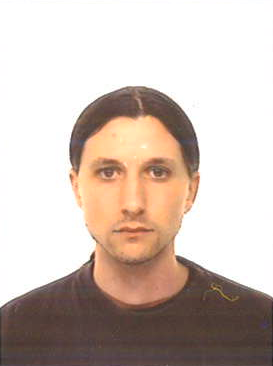Objectives
Abstract:
Virtual machines have become a de facto standard of computing for many enterprises and, at the same time, large datacenter operators offer time on their infrastructure as a computing substrate for these virtual machines. This mix comes with a wealth of inefficiencies, and resource management challenges that stem from the conflicting requirements of the datacenter operator and their clients. On one hand, third-parties want to solve problems that have ever-increasing memory and I/O requirements, making the impact of inefficiencies in virtualized environments ever more important. On the other hand, datacenters are largely over-provisioned to fit the requirements of their most demanding workloads, wasting a lot of processing cycles and storage bandwidth and capacity on the way. In this talk I will present some ongoing efforts in tackling all these problems. First, I will describe how we can remove inefficiencies in memory translation and I/O in virtual machines using existing hardware, and how minimal micro-architectural changes can bring efficiency even further. Then, I will describe how we can pull some of the resource management logic present on each node of a rack into the top-of-the-rack switch to make more well-informed and fine-grained decisions to better utilize the resources that we already have available. Finally, I will show how, in the long term, we can efficiently manage an entire disaggregated rack as a single machine, shifting some of the operations typically present in a node's operating system into the network infrastructure.
Short Bio:

Lluís Vilanova got his PhD at UPC and BSC on January 2016 working in the topic of hardware/software co-design for efficient program isolation. He is now a post-doctoral fellow at Technion, where he is performing research on various aspects of datacenter efficiency. His research interests are in operating systems, resource and device virtualization, analysis and design of hardware/software interfaces and resource management in heterogeneous and parallel systems. He has worked in a broad spectrum of topics, like efficient security-oriented hardware architectures, dynamic binary translation and instrumentation, information-secure web server infrastructures, and efficient storage virtualization, to name a few.
